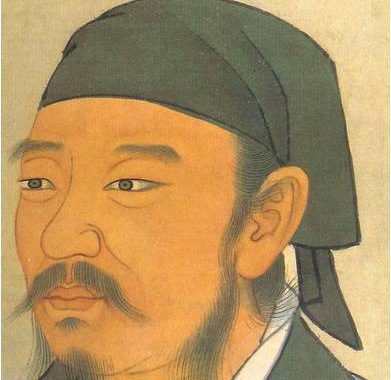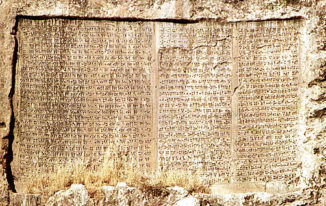The nature of man is evil; his goodness is the result of his activity.
Now, man’s inborn nature is to seek for gain. If this tendency is followed, strife and rapacity result and deference and compliance disappear.
By inborn nature one is envious and hates others. If these tendencies are followed, injury and destruction result and loyalty and faithfulness disappear.
By inborn nature one possesses the desire of ear and eye and likes sound and beauty.
If these tendencies are followed, lewdness and licentiousness result, and the pattern and order of propriety and righteousness disappear.
Therefore to follow man’s nature and his feelings will inevitably result in strife and rapacity, combine with rebellion and disorder, and end in violence.
Therefore there must be the civilising influence of teachers and laws and the guidance of propriety and righteousness,
and then it will result in deference and compliance,
combine with pattern and order, and end in self-discipline.
Xun Kuang ([ɕy̌n kʰwâŋ]; Chinese: 荀況; pinyin: Xún Kuàng, c. 310 – c. 235 BC, alt. c. 314 – c. 217 BC),[1] also widely known as Xun Zi (Chinese: 荀子; pinyin: Xún Zǐ, “Master Xun”), was a Chinese Confucian philosopher who lived during the Warring States period and contributed to the Hundred Schools of Thought. A book known as the Xunzi is traditionally attributed to him. Xunzi’s doctrines were influential in forming the official state doctrines of the Han dynasty, but his influence waned during the Tang dynasty relative to that of Mencius.[2] Cited by Fèlix Nesci, Spacebook.



